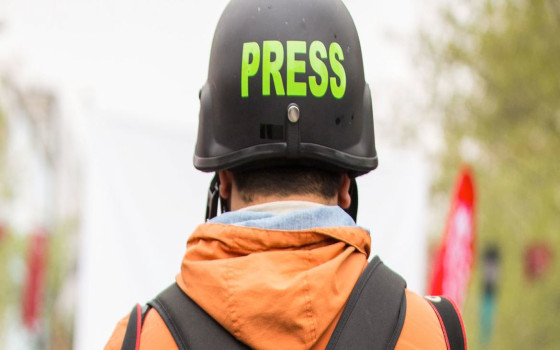
UNESCO: Deadliest week for journalists in any modern conflict

- Europe and Arabs
- Wednesday , 18 October 2023 12:30 PM GMT
New York: Europe and the Arabs
UNESCO warned of the serious repercussions on the safety of journalists in the midst of the conflict between Hamas and Israel.
The organization called on all actors to respect international law and implement it without delay. According to what was stated in the United Nations daily news bulletin, a copy of which we received on Wednesday morning.
The organization said that 9 journalists were killed in the line of duty “during the terrorist attack launched by Hamas on Israel and the Israeli military response in Gaza, as well as on the Israeli-Lebanese border in the wake of renewed tensions with Hezbollah.”
The death toll could rise even higher, as UNESCO is currently examining multiple reports as part of its mandate to promote the safety of journalists and combat impunity for perpetrators of attacks.
Audrey Azoulay, Director-General of the United Nations Educational, Scientific and Cultural Organization (UNESCO), described this toll as “terrible,” noting that it had never happened before - in any recent conflict - that this profession had to pay such a high price in such a period. The brief period of time.
She called on regional and international actors to take immediate action to ensure respect for international law.
“Journalists should never be targeted, under any circumstances,” she said. “It is the responsibility of all actors to ensure that they are able to continue to practice their profession safely and independently.”
The work of journalists during wars is extremely important
International humanitarian laws and regulations, including Security Council Resolution 2222, stipulate that journalists, media professionals and associated individuals covering conflict situations must be protected as civilians.
The resolution also notes that media equipment, offices and studios are civilian assets and not military assets or property and, therefore, should not be the target of attacks or reprisals.
Azoulay said that the work of journalists is extremely important in times of war, because it provides affected populations with access to reliable and important information, which can be crucial to their safety. It also provides the international community with reports on the real situation on the ground.
UNESCO works to promote the safety of journalists through global awareness-raising, by providing training and tools, as well as through a number of other measures, within the framework of the UN Plan of Action on the Safety of Journalists and the Issue of Impunity.
The organization runs the Observatory of Murdered Journalists, an online database that provides information on all murders of journalists around the world, and on the status of judicial investigations into the deaths of all journalists and media professionals recorded by UNESCO since 1993.



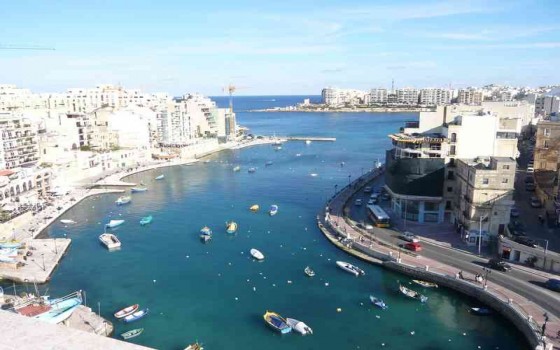




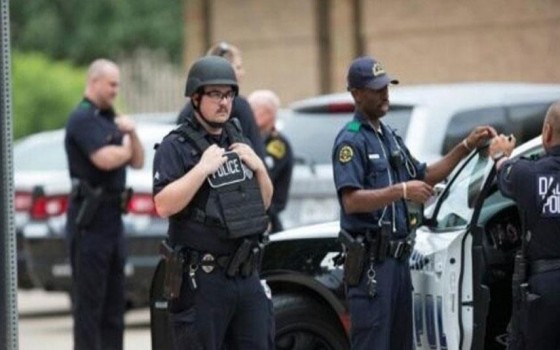
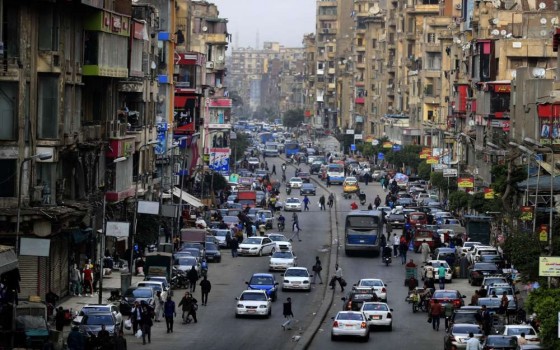
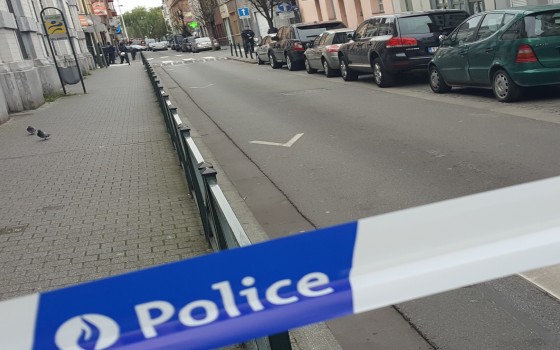

No Comments Found